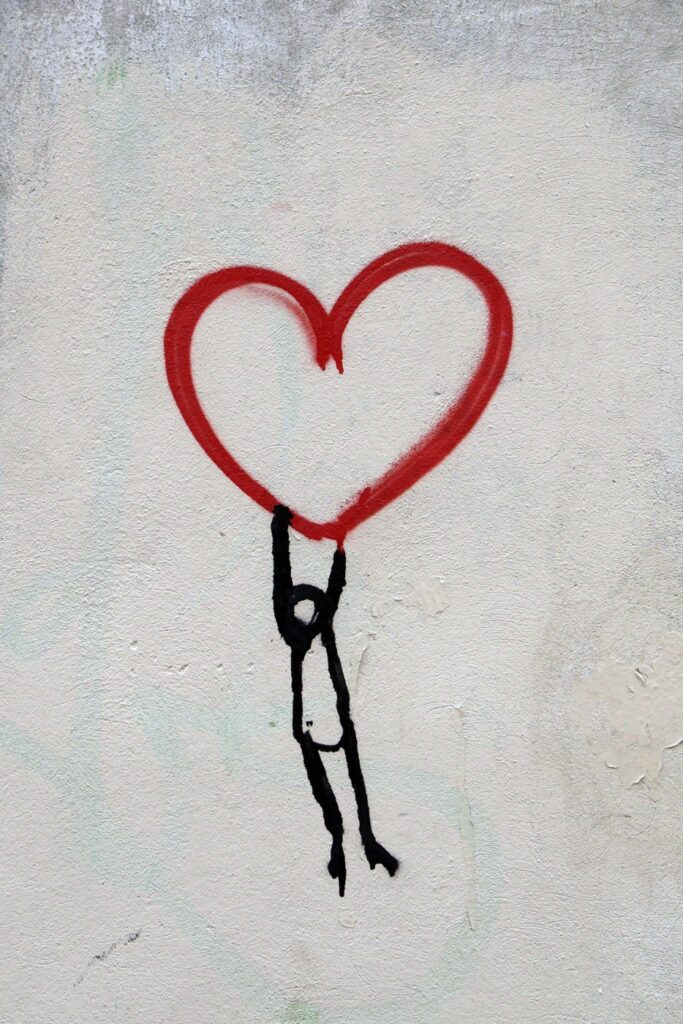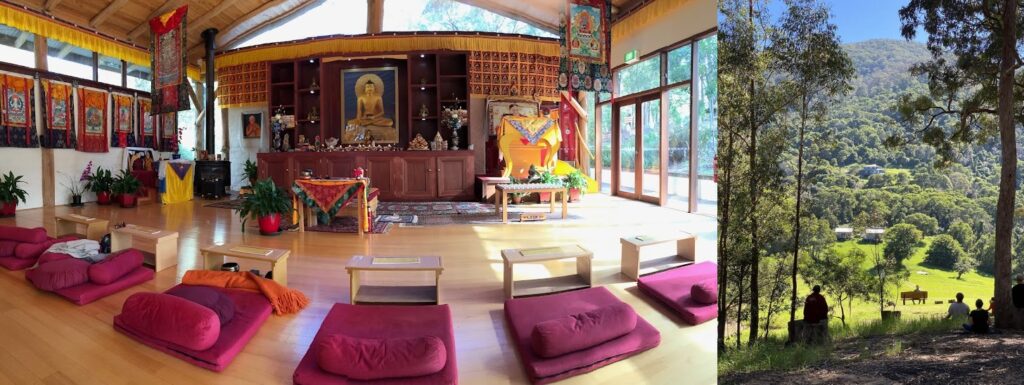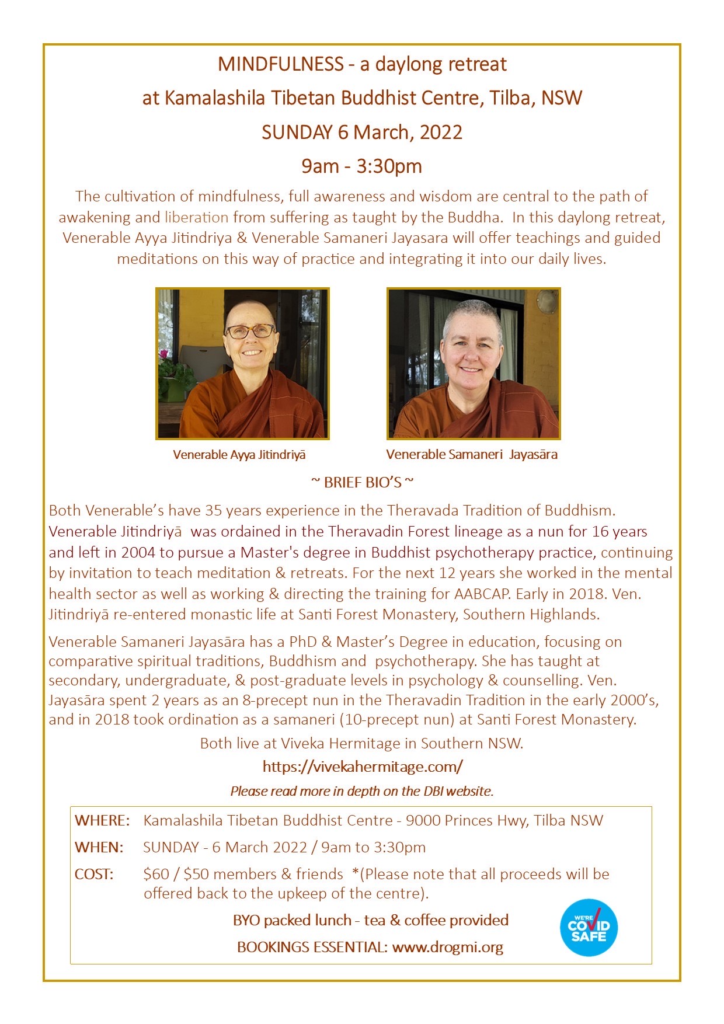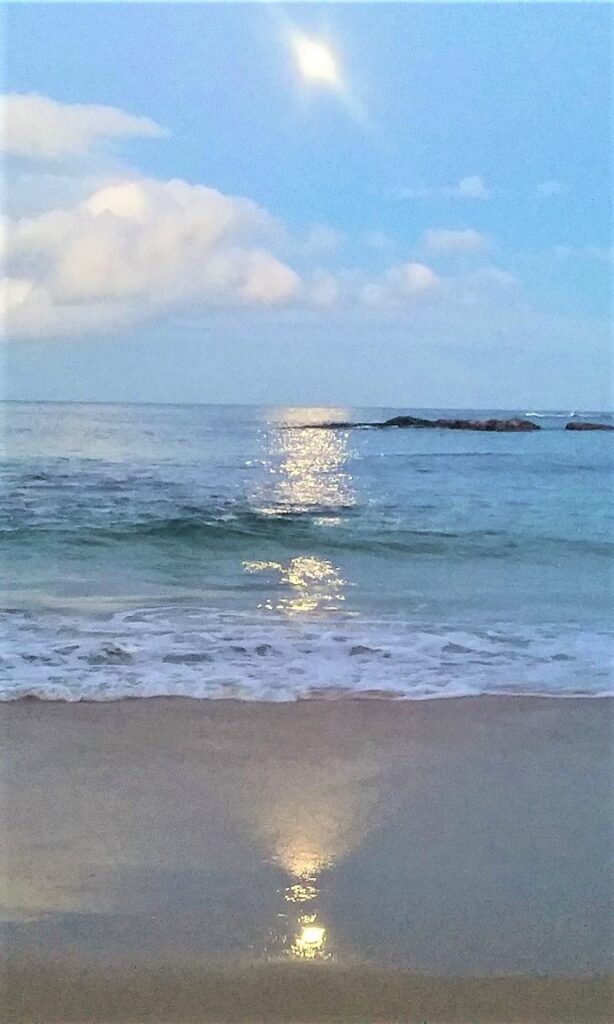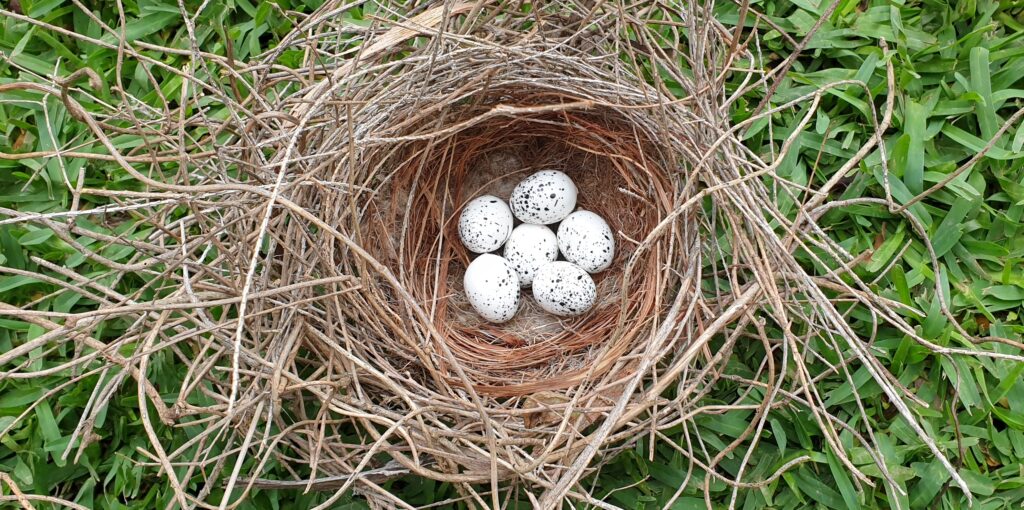
Greetings dear Dhamma friends.
Today we are entering the traditional vassa period (rains-retreat season). This is an ancient tradition observed by Buddhist monastic communities everywhere (originating in Asia, during the three-month monsoon period each year). The vassa season commences on the first day of the waning moon of the eighth lunar month – this year being the 14th July.
This tradition predates the time of Gautama Buddha. It was a long-standing custom for mendicant ascetics in India not to travel during the rainy season as they may unintentionally harm crops, insects or even themselves during their travels. Although many Buddhist ascetics and monastics (like us) now live in regions that don’t have a monsoon season, it is still a tradition that is observed by the larger Buddhist community as it provides a structured opportunity to focus more on intensive meditation practice and to spend more time in solitude. The Buddha encouraged his disciples to continue to observe this period of practice and to limit travel outside of the monastery or hermitage where one was residing.
Although we live a fairly simple life at Viveka Hermitage, just maintaining a hermitage and our various web resources entails ongoing responsibilities. We also established Viveka Hermitage only one year ago and the property needed some work and TLC, so there have been quite a few things to do which has kept us relatively busy. But now we have this wonderful opportunity of the vassa retreat for more solitude and focus on formal meditation practice.
For many people, being alone for long periods of time and observing noble silence for much of the day would be a torture. But for some, like us, who are more hermitic types, we look forward to the vassa retreat each year. Solitude and quietude provide such potent conditions for settling the mind and for allowing insight into Dhamma to arise. After an initial settling-in period and an adjustment to less sensory input, I always find that many ‘knots’ naturally unravel and everything loosens and softens. The body likes it, the mind appreciates it, and the heart begins to open more and more.
What more can be said about the benefits of solitude that hasn’t already been eloquently expressed by the Masters? All the great spiritual Masters spent long periods in solitude because the benefits for deep meditation are recognized and valued. Without periods of solitude, I doubt many of them would have developed and accessed the profound wisdom and compassion they displayed and shared. The Pali word ‘Viveka’ actually has the meaning of solitude/seclusion, so the name of our Hermitage reflects the inspiration and motivation for setting up this place.
Viveka is not just about physical solitude though, it also means solitude of the mind/heart from the habitual and ongoing proliferations, imaginations, desires, and aversions. It is about finding that place within that remains equanimous and unmoved by all the sensory input – sights, sounds, smells, thought impressions, emotional reactions, and so on. Ultimately, this kind of solitude is something that can be cultivated by everyone, even within a busy daily life. It’s something that can develop as one becomes more stable in the practice of Dhamma. Therefore, periods of alone time each day can be a wonderful support for our practice and give us the boost we need to meet the various demands that come our way.
So, for this next period of time (until mid-October), you may hear a little less from us; however, we will be with you at the deepest level of Dhamma connection and will share some reflections along the way with you too.
Wishing you all wellness of body, mind and heart; and may you find, or build-in, some periods of quiet and solitude in your life (even just five minutes here and there if that’s all you can find for now), to recharge your energy, renew your commitment and motivation to realizing the Dhamma, and to heal and nourish your hearts.
With much mettā,
Jayasāra, Jitindriyā, and ‘Cat’
BTW, you might find the latest guided meditation we’ve uploaded called ‘Silence and Stillness’ supportive for practice. May it help you discover the silence within.


